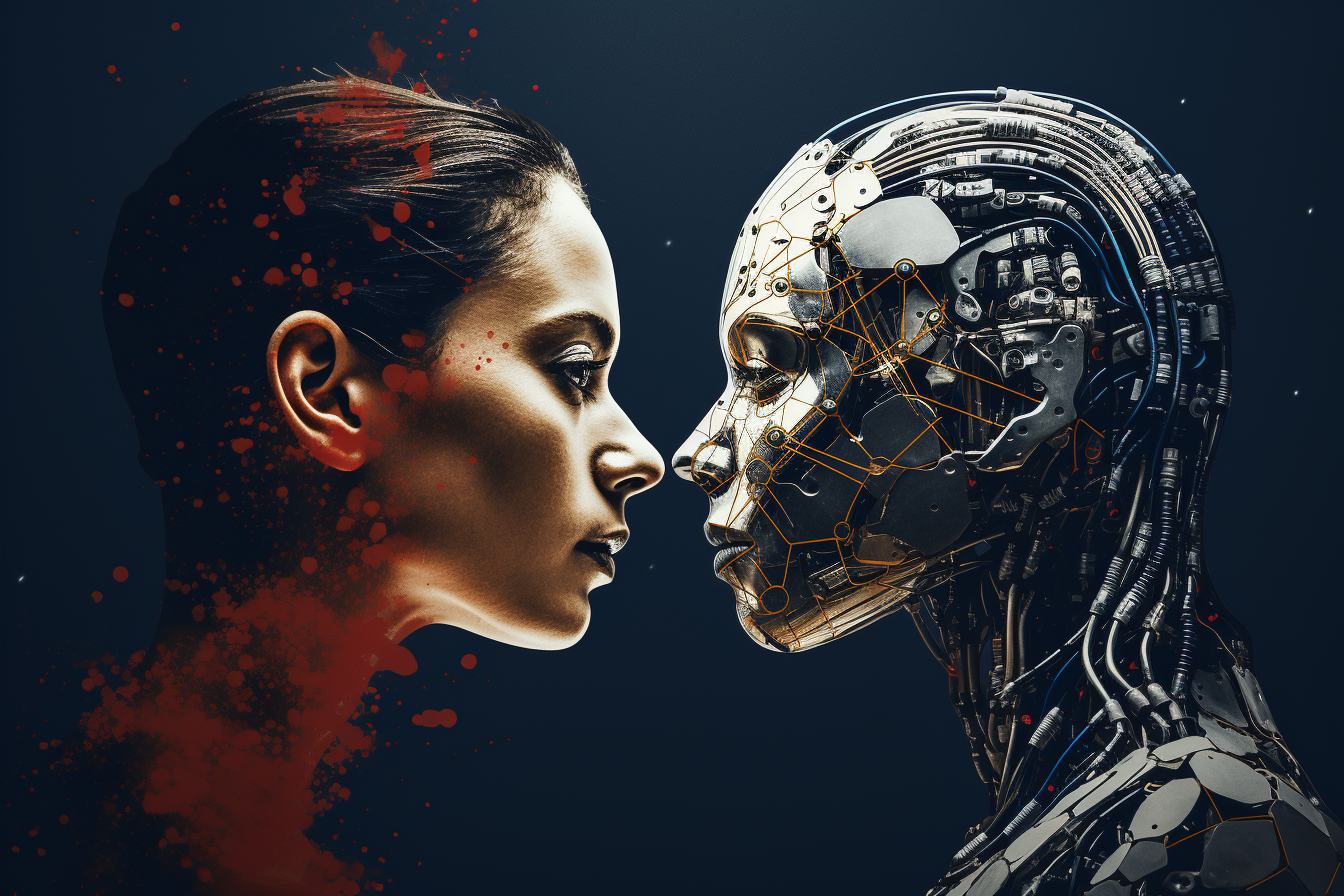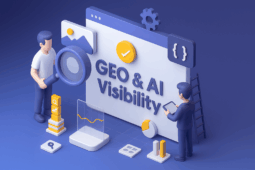share
The development of AI technologies and their integration into business processes across multiple industries is one of the hottest trends today. The recent “ChatGPT craze” is only the tip of the iceberg, and in the near future, we will see our entire society changed by AI.
So today, we talked about the AI potential, its applications, and possible issues that it can cause with Yana Demidovich, a business assistant at ICODA, who uses AI a lot in her work.
What AI tools and services do you use, and for what purposes? And in general, where do you use AI?
For social media content and translating articles, I use ChatGPT. MidJourney helps a lot with creating pictures for the blog, and I also use Fathom to record video calls.
What AI services do you find interesting, even if, perhaps, you don’t use them as often as your “mainstays”?
Morise.ai has a lot of potential for optimizing video performance in terms of promotion. It has some quirks that must be ironed out, but the potential is certainly there.
What AI tools do you want to test in the near future?
There are plenty of exciting services and tools that I don’t have enough experience with yet. For example, a combination of Free podcast transcription and HappyScribe can, in theory, help a lot in podcast analysis and speed up the process of extracting useful information from them. And Summarize.tech can help you extract useful information from videos faster.
However, I have to reiterate that I’m talking only about the potential I see. I can’t say for sure yet how well they work.
And overall, the AI industry is booming, so it is simply impossible to test everything released.
Are there any studies about AI use in business that you recommend?
Recently, a great paper was published by Harvard in cooperation with MIT and Boston Consulting Group. The researchers tested how AI affected a variety of skills and tasks of employees in the consulting business. And the results were fascinating – AI (they used GPT-4 if I remember correctly) gave roughly a 25% boost in productivity.
But the more interesting aspect is that AI turned out to be less useful for more skilled employees. The very best got only about a 17% boost in productivity, while the worst – a massive 43%, so the difference in their AI-boosted performance was minimal.
However, less skilled and experienced workers tend to rely on AI assistance too much, which creates its own problems.
What trends will define the use of AI in the near future?
Well, it is already obvious that in the near future, AI will have the largest impact in the field of content creation.
Copywriting, visual design, digital art, and video production are already impacted. AI helps to speed up the process and reduce the load on creators, taking over some of the more mundane parts of the job.
But it is also evident that AI can’t compete with human creators, and overreliance on artificial intelligence is very obvious and causes negative reactions from the consumer. For example, the recent scandal with publishing AI artwork for Dungeons & Dragons was an unmitigated PR disaster for Wizards of the Coast.
We also already see AI being integrated into logistics, industrial manufacturing, cars, and so on. However, in these areas, its influence isn’t as obvious for the wider audience yet.
And what about a more distant future? Where will AI have the most impact in, let’s say, five or ten years?
First of all, I don’t think that even in ten years, AI will be able to truly replace humans, but it will definitely become an even more valuable assistant.
As for future applications, to me, healthcare looks like the most promising field. The reduction in the chance of human error can save a lot of lives every year. But it is specifically because of this huge impact on human lives that the possible consequences of AI use should be studied especially carefully prior to full-scale AI integration into medical practices.
Speaking of potential problems. What ethical or social issues can arise due to the extensive use of artificial intelligence? And what can be done to mitigate them?
In my opinion, over-reliance on AI can lead to the degradation of both the intellectual and creative potential of our society as a whole. Mostly due to how easily it can destroy your motivation to actually do something.
It is easier to just ask AI for answers and content than to create something yourself, use your imagination, and put real effort into what you’re doing. And remember the study I mentioned? If AI lessens the gap between the best and the worst at the job, why would I put effort into becoming better at what I do?
However, I think that people will very soon be able to immediately recognize AI-generated content, and its value will drop dramatically. Thus, creators will have to remain, well, creative. So, I firmly believe that even though AI will create a lot of issues in the near future, it will inevitably remain an assistant, not a replacement for us.









